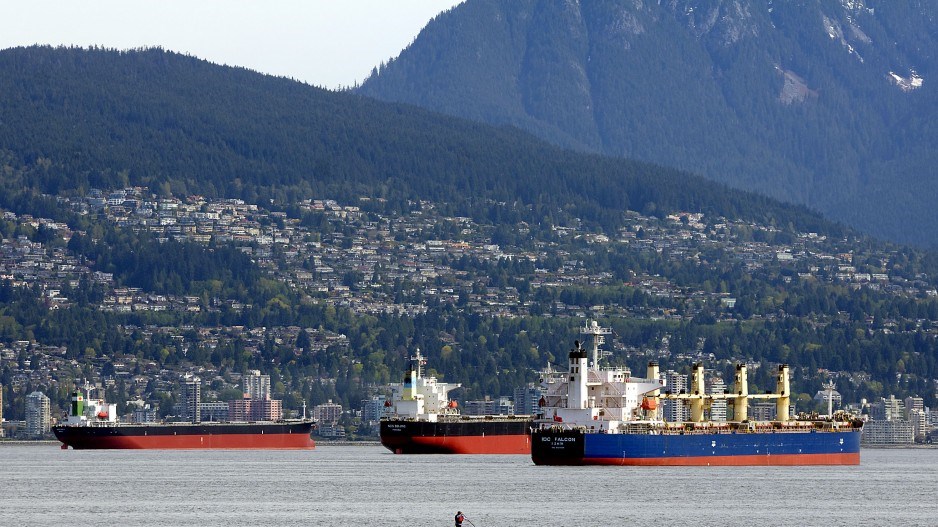With nearly 12,000 kilometres in distance between them, there are few places in the Northern Hemisphere that are farther away from British Columbia than Saudi Arabia. So what are the economic consequences for the Pacific province if there’s a trade dispute with a country in the Middle East?
Earlier this month, Foreign Affairs Minister Chrystia Freeland and Global Affairs Canada tweeted a condemnation of Saudi Arabia for imprisoning women’s rights activists, including Samar Badawi, who is related to a Canadian citizen. Saudi Arabia responded by halting trade, recalling international students and selling Canadian assets.
Eastern Canada is expected to feel much more of the impact; however, the West is not completely immune.
Roughly 25,000 tonnes of Saudi cargo traffic passed through the Port of Vancouver in 2017, a meagre 0.02% of the more than 142 million tonnes of cargo that travelled through the port that year. The vast majority of the Saudi cargo traffic was exports, making up 96.5% of traffic in 2017.
However, Saudi port traffic started declining years before the dispute started. According to data from the Vancouver Fraser Port Authority, 2014 had the highest level of Saudi Arabian traffic over the past five years at 367,000 tonnes of cargo. Since then, traffic has fallen by 93.19%, or 342,000 tonnes. Traffic numbers in 2014 were driven by a large increase in exports that occurred that year, jumping 534.2% from 2013 to 366,500 tonnes.
Imports hit a high of 7,374 tonnes in 2015 but have dropped precipitously each year, eventually hitting 885 tonnes in 2017.
As of June 2018, the Port of Vancouver was on track to hit similar Saudi Arabian cargo traffic numbers to those in 2017; however, it is unlikely that the rest of the year will follow suit.
In addition to slowing trade, the roughly 1,600 Saudi Arabian students at B.C.’s post-secondary institutions have been ordered to return home. This includes roughly 280 University of British Columbia (UBC) students as well as 22 from the University of Northern British Columbia (UNBC) and 12 from Simon Fraser University (SFU). Of those students, 80% of UBC’s Saudi Arabian students and 50% of SFU’s were sponsored by the Saudi government’s culture bureau.
“The loss of students from Saudi Arabia will be felt across our campus,” said Daniel Weeks, UNBC president. “We understand that this is a difficult time for students from Saudi Arabia and their families. UNBC is working to support all the affected students by providing regular updates on the situation and supplying them with official documents to assist with their transition.”




